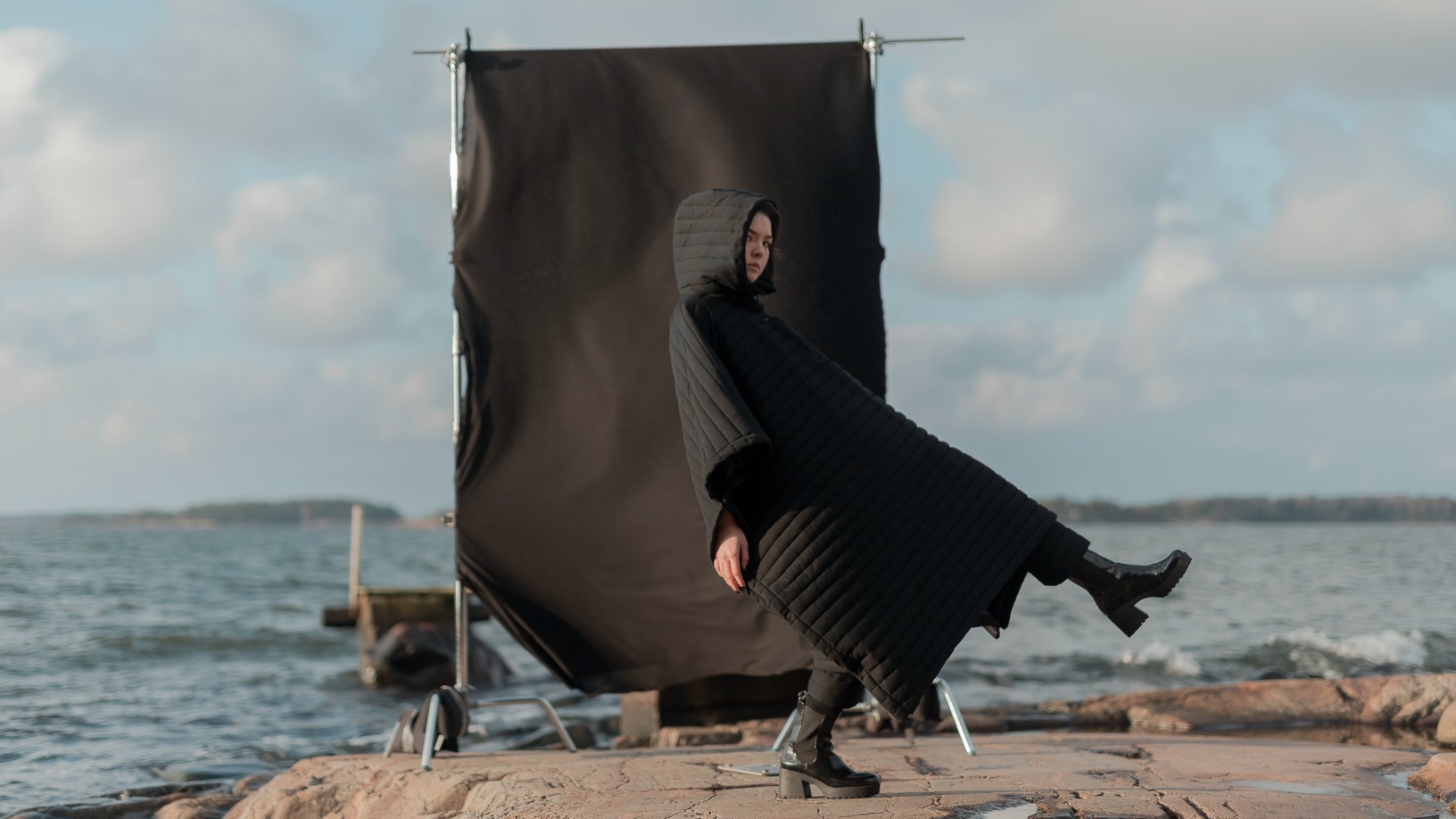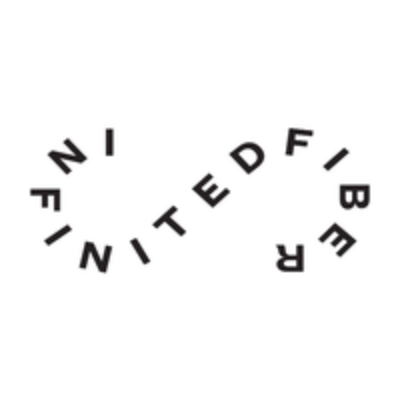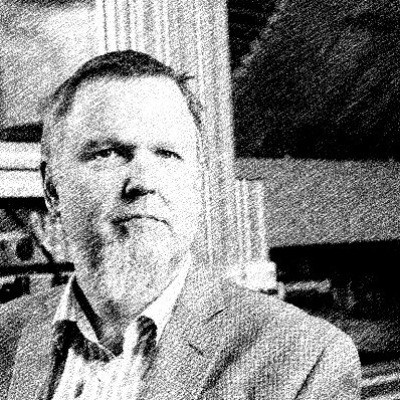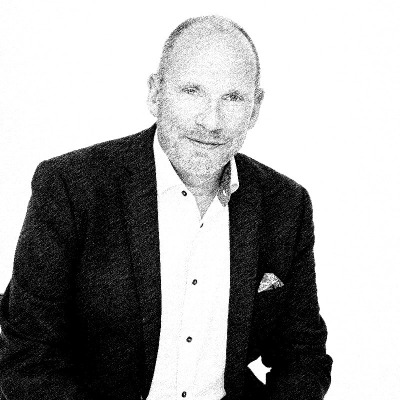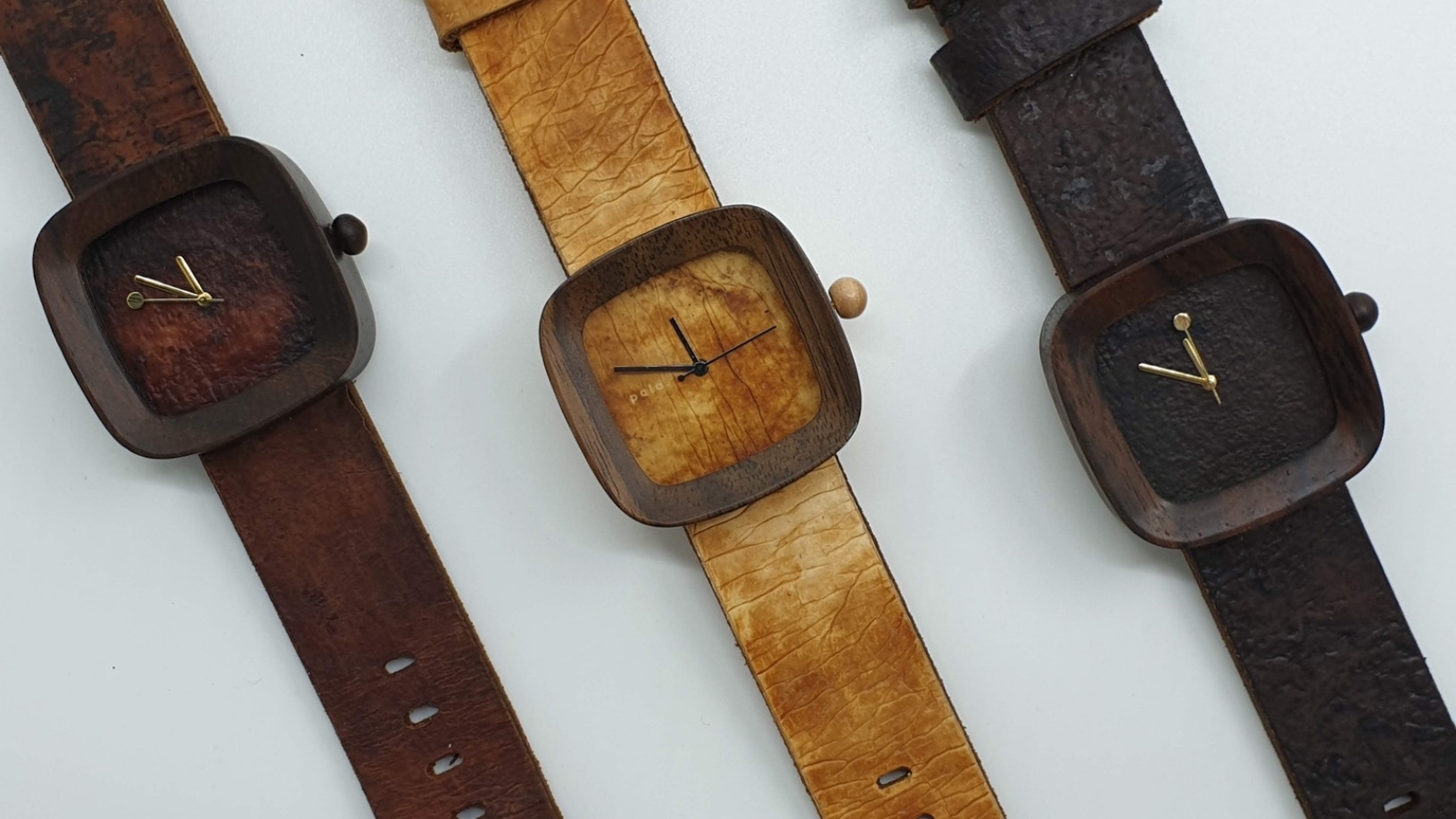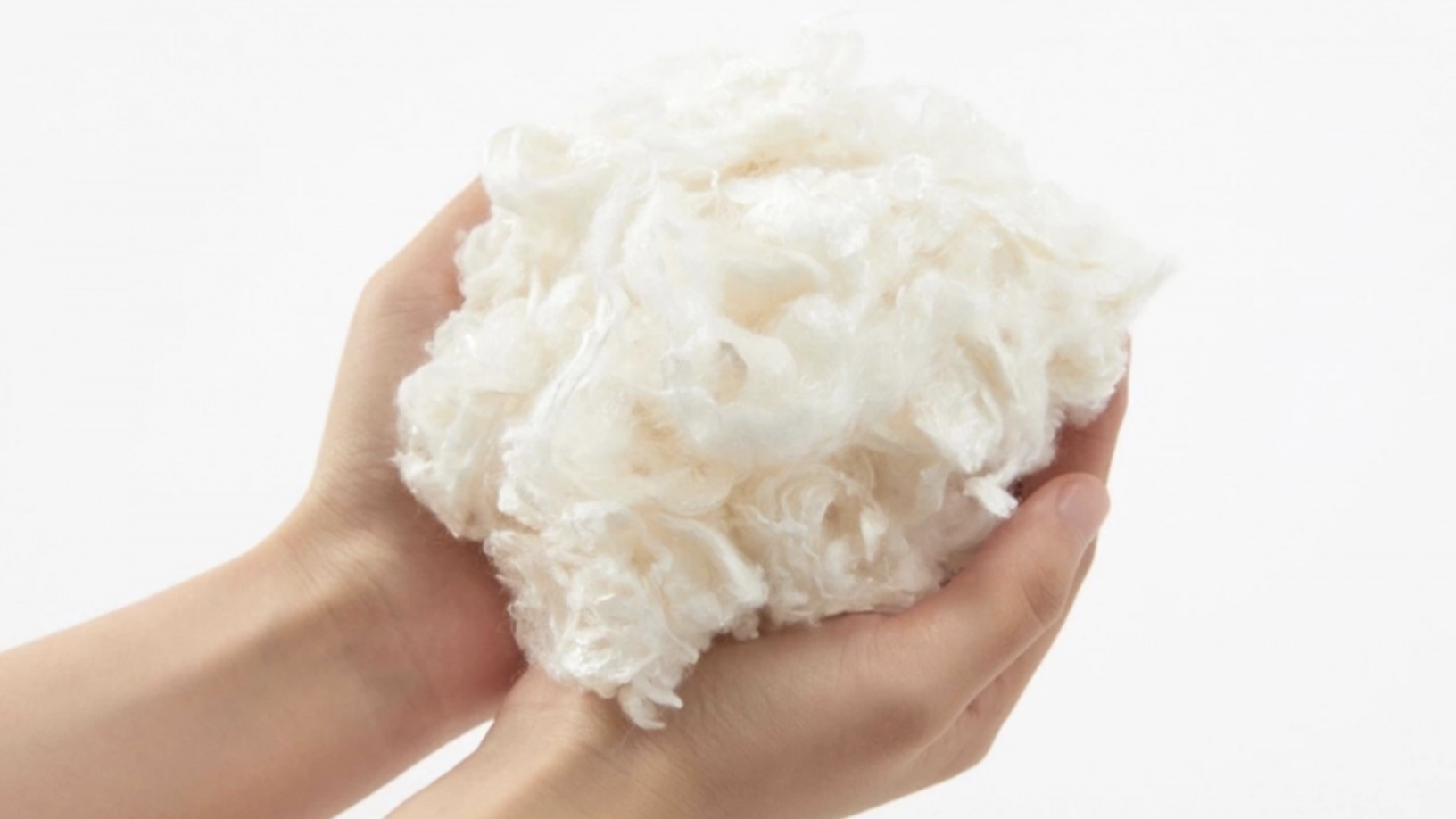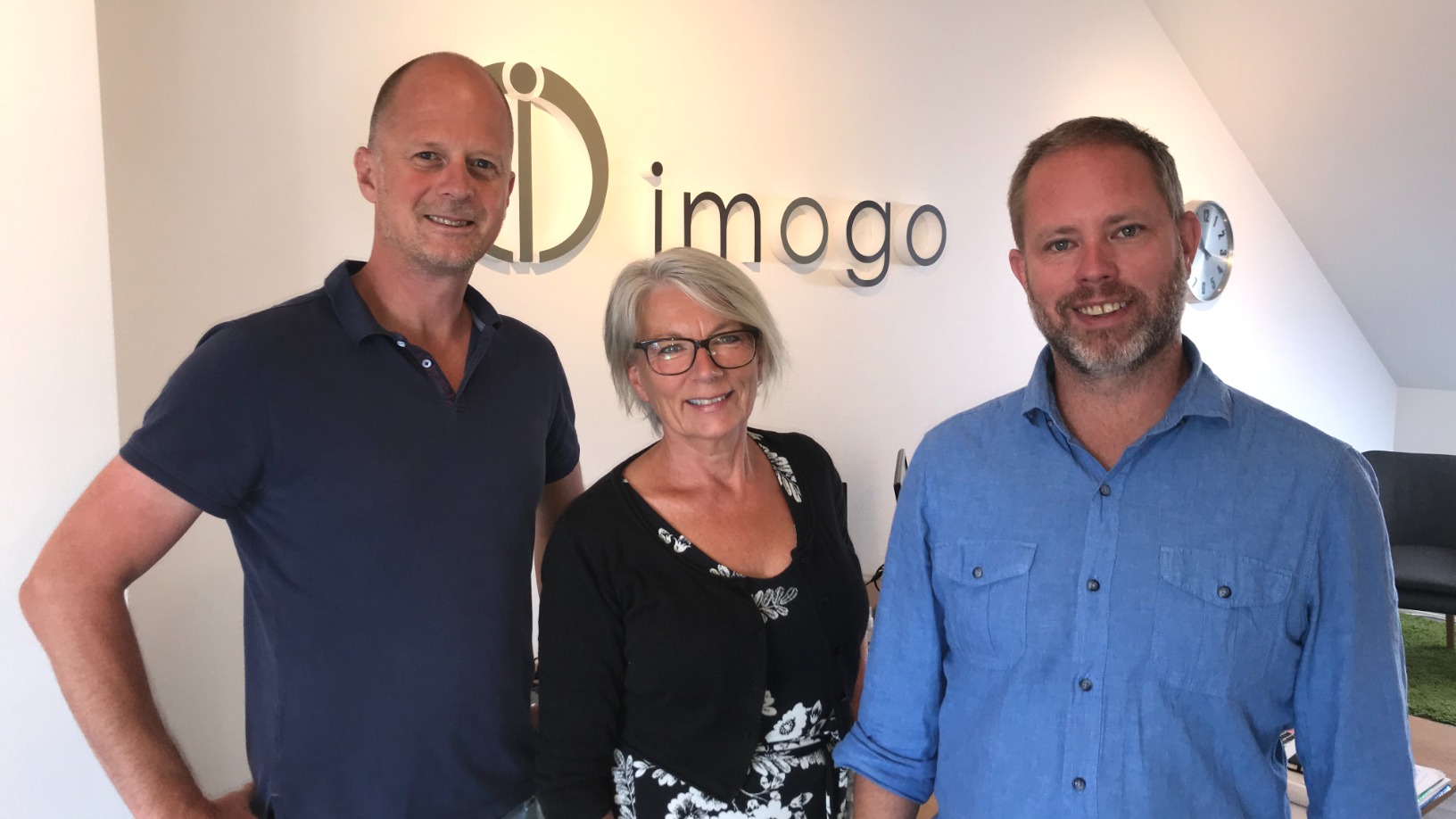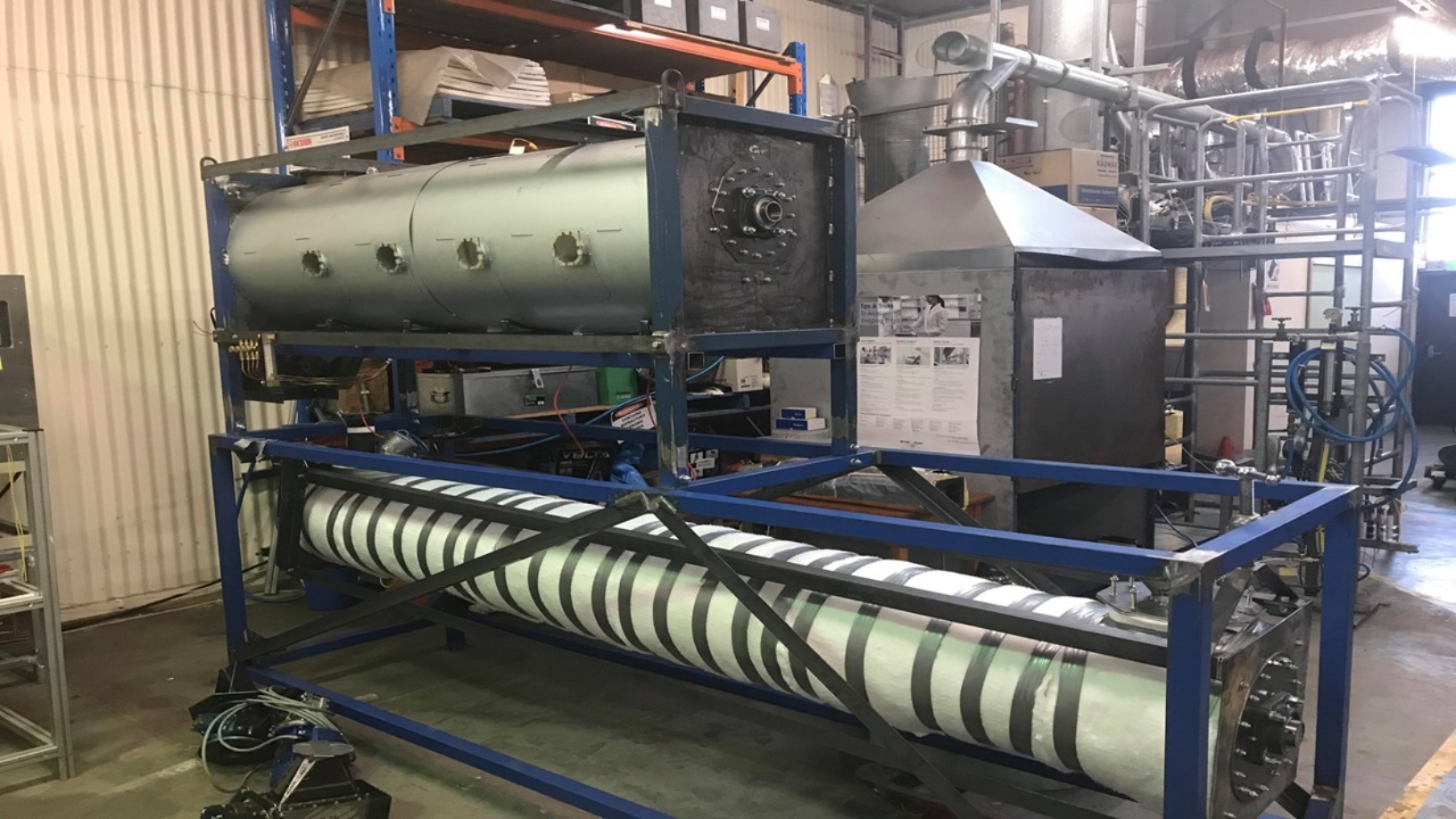A research spinoff in Espoo, Finland’s second largest city, has found a way to let fashionistas indulge in the season’s latest trends without worrying about polluting the planet. Biotech Infinited Fiber won the endorsement of fashion and sports brands like H&M and Adidas for its work in helping the textile industry pivot into a circular economy, and comply with new EU sustainability regulations.
Bringing new applications to cellulose-based textile production, Infinited Fiber started off as a research project at the VTT Technical Research Centre in Espoo in 2015. The R&D team, led by industrial biomaterial specialist Ali Harlin, explored ways to develop a fiber-regeneration technology to turn textile and other industrial waste into 100% biodegradable cotton-like fibers that can be used as “greener” and cheaper substitutes to virgin materials like organic cotton.
In 2016, industrial engineer Petri Alava and Harlin, also a professor at VTT, co-founded Infinited Fiber to further develop and commercialize the fiber-regeneration technology as a circular economy business model for the clothing industry – touted as the second largest polluter in the world after the oil industry. In 2017, the Finnish startup launched its first product Infinna.
The innovative new fiber can easily be woven into various types of fabric materials to make clothing, home textiles and even cleaning wipes and diapers. In liquid form, Infinna can also be used in the production of soft-hygiene and healthcare products. The Infinna fibers are 100% biodegradable and recyclable to be circulated for regeneration into new yarns and materials, thus reducing manufacturers’ reliance on and depletion of virgin materials.
In June 2021, the startup raised €30m in Series B funding from H&M Group, Adidas and global viscose manufacturer Sateri. The monies would go toward building a flagship factory, capable of producing 30,000 metric tons of Infinna fibers annually, in Finland to fulfill pre-orders from the H&M Group, Patagonia and BESTSELLER. This followed the grants and investment funding totaling €8m secured in 2019 to accelerate the commercialization and production of Infinna. The H&M Group was an early investor, alongside Indonesian conglomerate Royal Golden Eagle (RGE) and others.
“We can boost production at our pilot facilities so that we can better serve our existing customers and grow our customer base in preparation for the future licensees of our technology,” Alava, the CEO, said, aiming to get the new flagship factory operational by 2024.
Retrofitting fiber production
Infinited Fiber has recently applied to register its Infinna trademark internationally, with the scientific name for Infinna to be recorded as cellulose carbamate fiber. The startup sources the textile waste it uses mainly through local campaigns for the collection of unwanted clothing and fabrics in Finland. Other types of rubbish like cardboard and agricultural waste can also be processed to make Infinna fibers.
The waste collected is sorted and broken down into fine shreds, separating cellulose-based fibers from polyester and elastane. Only water-based processes and a natural biomolecule like urea are used, instead of the toxic carbon disulfides used in viscose production. The cellulose powder produced is then washed to remove all remaining impurities and passed through a wet-spinning process that regenerates the fibers by crystalizing the cellulose. The new fiber filaments are dried and cut into the cellulose carbamate staple fibers, aka Infinna, which have a soft natural look and feel like cotton.
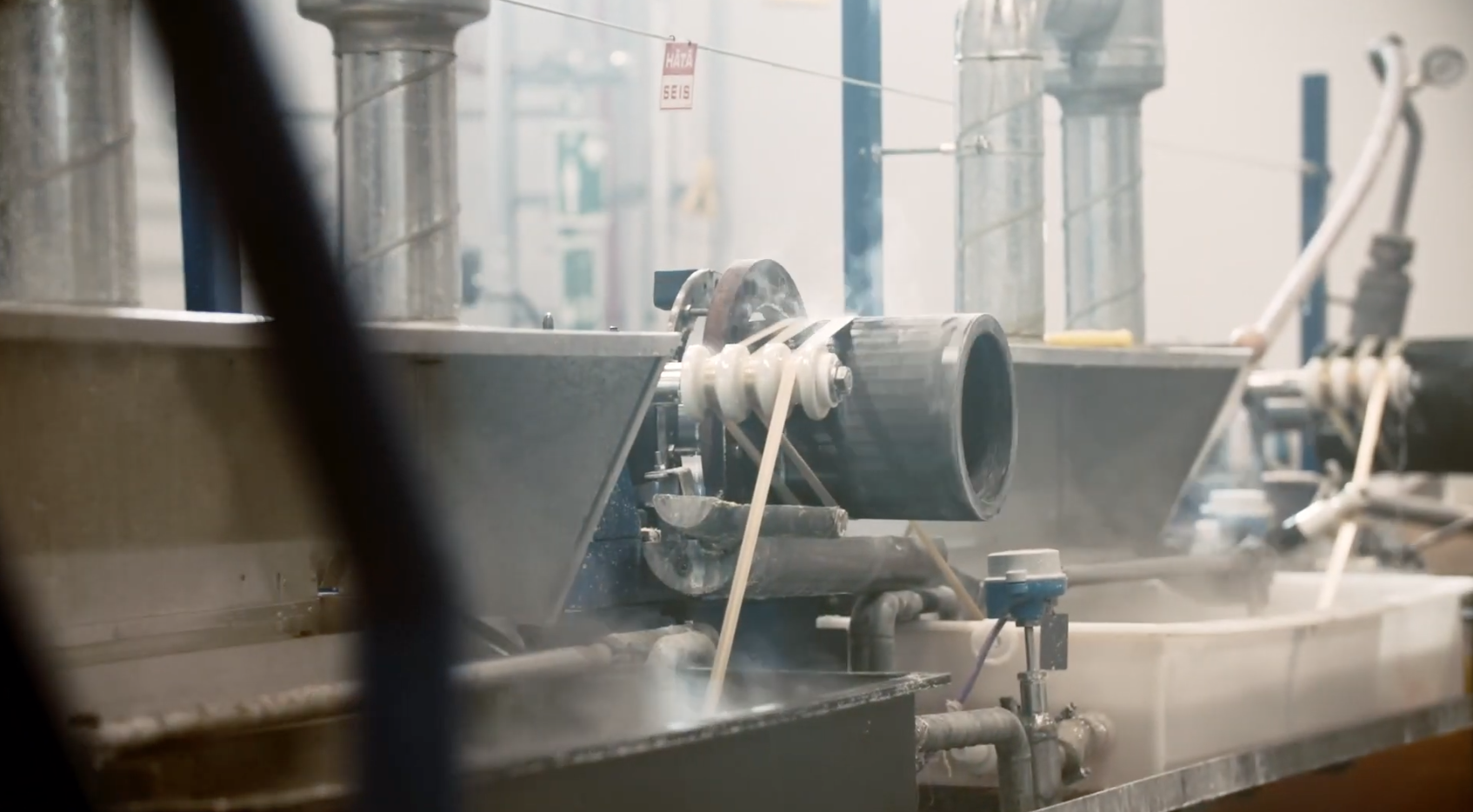
The company also plans to license its technology as turnkey solutions that can easily be plugged into the existing production systems of factories for conventional cotton, polyester and viscose. For example, the wet spinning process for viscose manufacturing can also be retrofitted cost-effectively into a water-based process to produce pulp and viscose fibers in existing factories.
“We offer our partners fast access to a new market with limited investment,” the company said.
All the know-how and blueprints will be provided, including and access to recommended engineering partners for the complete delivery and installation of the licensed technology.
Leading EU sustainability drive
With the EU pushing businesses to pivot toward more eco-friendly and sustainable practices, companies across Europe are seeking innovative and cost-effective solutions to comply with upcoming EU green policies such as the mandatory recycling of all textile waste by 2025.
In October 2020, Infinited Fiber was chosen to lead the “New Cotton Project” funded by the EU with a Horizon 2020 grant of over €6.7m to create circular economy initiatives across the entire fashion supply chain. The three-year New Cotton Project comprises 12 pioneer organizations from the fashion and textile sectors. The goal: to create a consortium of key industry players to initiate new and more sustainable supply chains, especially in the sourcing of raw materials to make new garments.
The pilot project, to be tested at a local level, will also be analyzed by Finland’s Aalto University to assess the possibility of deploying the new ecosystem and circular models on a larger scale. The adoption of the circular economy model within the industry could also be accelerated by creating synergies throughout the whole value chain.
Infinited Fiber will oversee the textile waste sorting and processing operations of the external partners. Fiber manufacturers like Inovafil, Tekstina and Kipas have also committed to using the Infinna regenerated fibers to produce yarns, woven fabrics and denim respectively. These will be then passed on to global brand partners, such as Adidas and H&M subsidiaries, to produce apparel made only with Infinna materials. The Swedish research institute RISE will be in charge of the project’s sustainability assessment to guarantee the Infinna eco-labeling.
The project’s first collection, a limited-edition jeans series, was launched by the H&M Group’s fast-fashion brand Weekday in February 2021. A total of 64 pairs of Rowe jeans, made of 50% organic cotton and 50% Infinna, were sold online at 500 Swedish krona ($1=SEK8.62), or about €50, each.
“The question we get asked most is: When can I buy something made with Infinna? It feels great to be able to say: Now!” said Kirsi Terho, the company’s Key Account Director.
